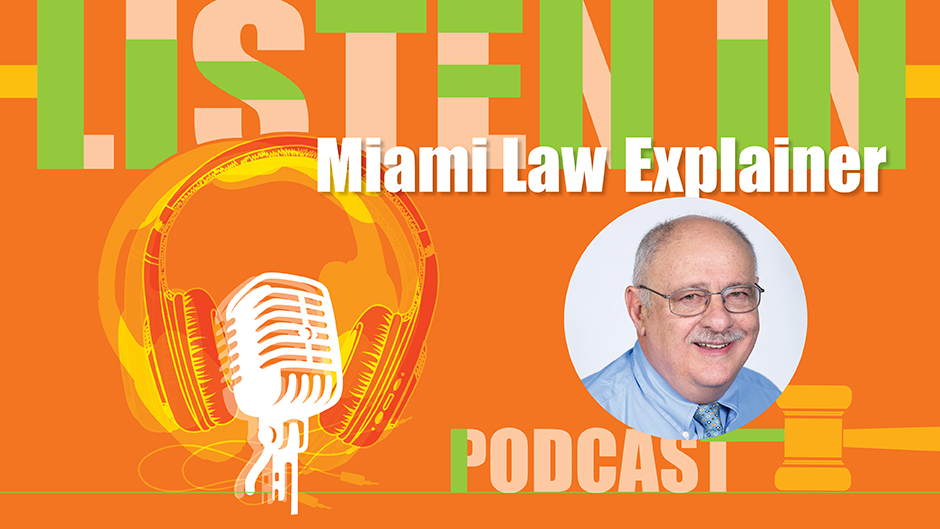Professor Emeritus David Abraham’s paper, “Group Rights and Individual Minority Rights inImmigrant Societies, Then and Now,” published in the journal Immigrants & Minorities Historical Studies in Ethnicity, Migration and Diaspora, was discussed in the latest episode of The Explainer. Abraham discusses how the path to group and individual minority rights among immigrants is limited. How do people of groups of people who share an identity – religious, racial, or ethnic, achieve their rights and live their identities? According to Abraham, the three available routes have been national self-determination, guaranteed minority rights, and strong liberal universalism. Listen to the podcast here.
An expert on immigration law, Abraham has published widely on issues of politics and economics in Germany and is the author of The Collapse of the Weimar Republic, which examined the conditions and fate of a social- democratic, class-compromise effort to establish a viable welfare state. More recently he has written on immigration and citizenship law with a particular focus on citizenship in a neo-liberal era and problems of social solidarity and integration in Germany, Israel, and the US. He has published, among others, in Law and Social Inquiry, Politics & Society, the American Journal of Legal History, Citizenship Studies, the International Journal of Constitutional Law, Ethnic and Racial Studies, the International Migration Review, the Journal of Modern History, and various Law Reviews. His most recent book (2019) is titled Wer gehört zu Uns? Who Belongs to ‘Us’? Immigration, Integration, and Solidarity in the Welfare State.

